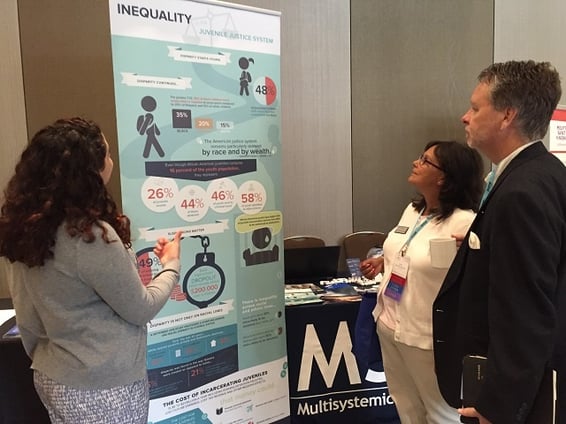One man tells the story of youth incarceration through photographs
How does a professor, researcher and architectural photographer end up depicting the cruelties of the juvenile-justice system with his photography? It seems an unlikely marriage of talents, but when Richard Ross was working on a project photographing the architecture at the El Paso Juvenile Detention Center, he noticed he was unintentionally capturing the young people there in his photos. With this discovery came an idea: What if he could put a human face on the young people who are locked up inside our nation’s detention centers?


